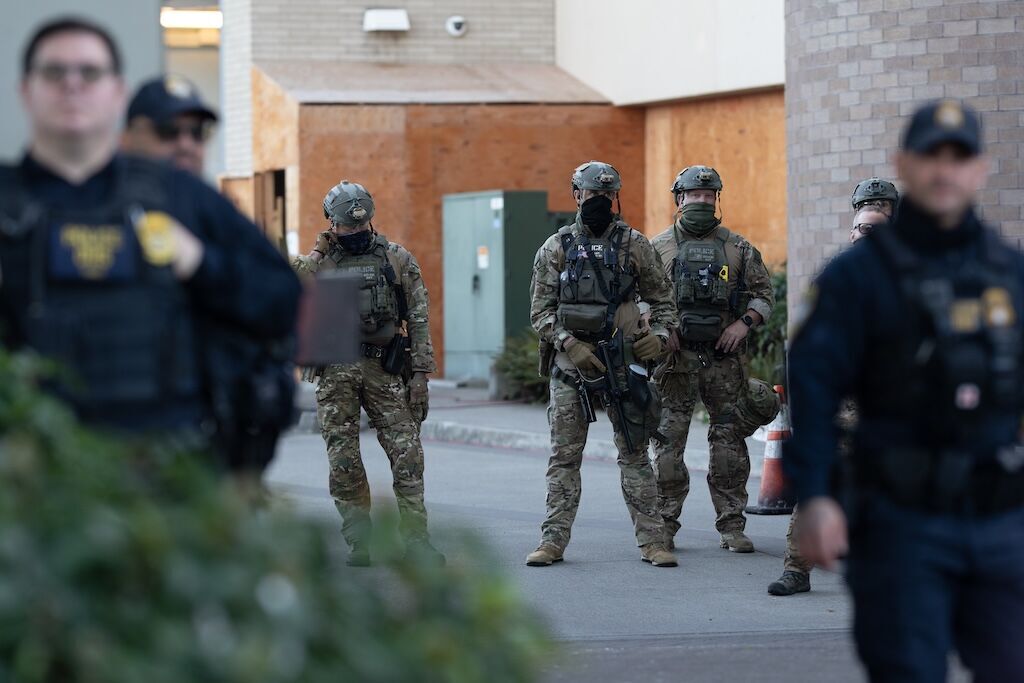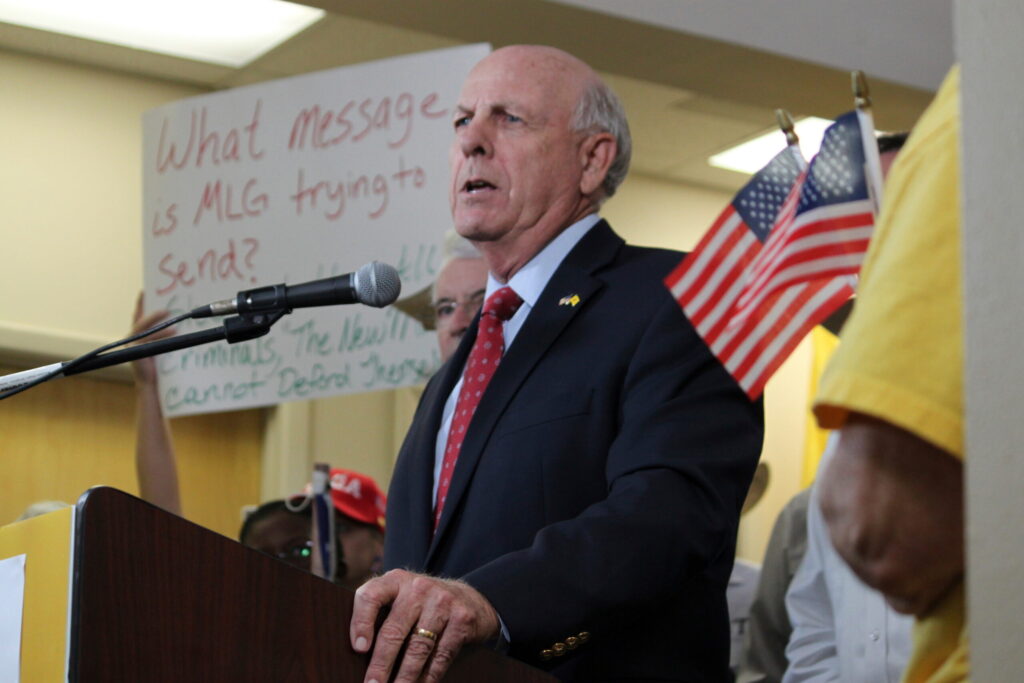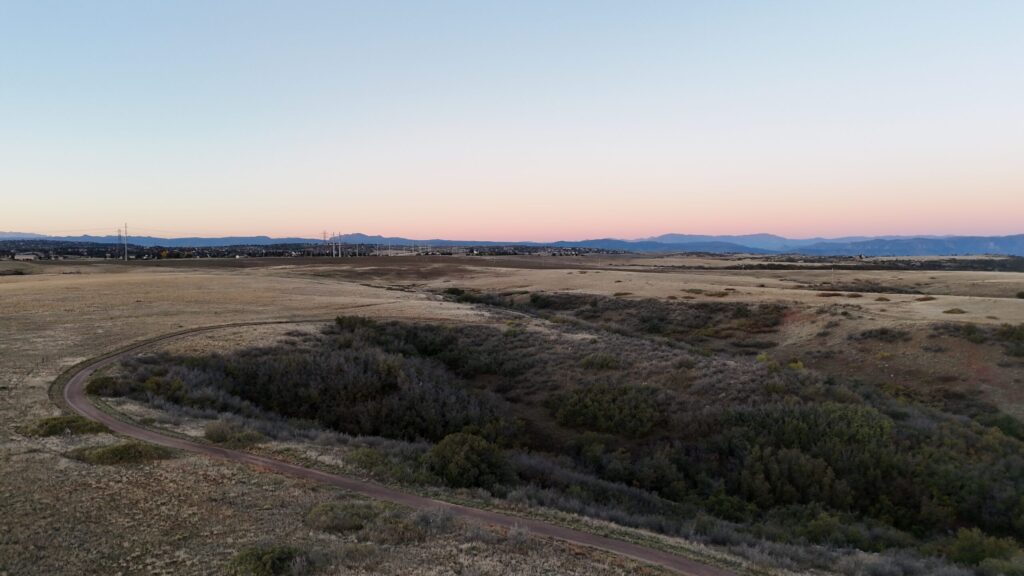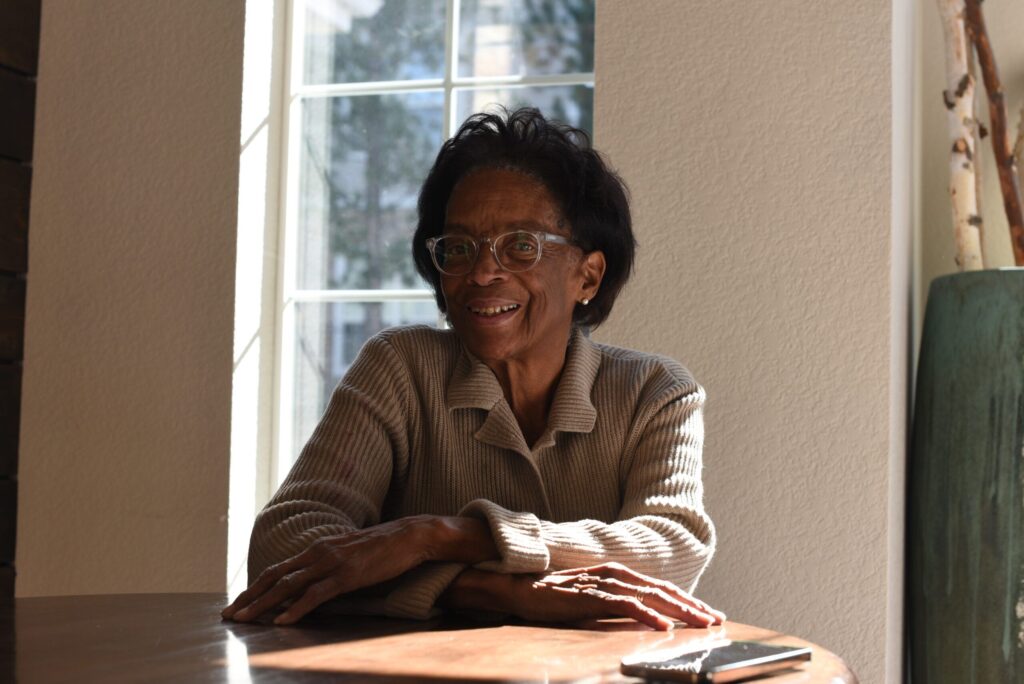Legislation aims to streamline ballot measure process in Colorado
Legislation that would change how potential ballot measures can be submitted for a Colorado election ballot is just a few steps away from heading to the governor’s desk.
House Bill 1327, as written, would change how petitions are submitted to the state’s title board. Legislatures hope this will prevent what happened in 2024 with the ranked-choice voting ballot measure, when multiple versions were created for state officials to review. The law would set reporting requirements as signatures are being gathered and require ballot measures to be labeled.
HB 1327 was not amended in the Senate State, Veterans and Military Affairs Committee last week. However, Republicans tried to remove the bill’s safety clause, which they called unnecessary, and replace it with a petition clause that would give citizens the right to challenge the measure. That failed.
The bill passed on a party-line vote and is now awaiting debate in the full Senate. Kipp told Colorado Politics she’s considering amendments.
Natalie Menten, who said she has worked on petition rights for two decades, called the bill an “outrageous attack” on the Constitution. HB1327 doesn’t improve the process, she said. “It strangles it,” particularly for grassroots organizers.
The bill also adds fines of $1,500 for anyone who doesn’t follow the changes. Menten said that the right to petition is not universal, and that “we should be celebrating this right, not restricting it.”
Currently, backers of ballot measures frequently submit multiple versions. For the 2025-26 election cycle, for example, Michael Fields of Advance Colorado submitted six versions on an income tax rate reduction. Seven other ballot measures in front of the title board this year have multiple versions, most of which Fields also submitted.
According to Jon Caldara of the Independence Institute, who has also done that, multiple versions give the backers a choice. A tax increase or decrease could be large or small. It also gives the proponents time to “ballot shop,” which is figuring out what will do best on the ballot.
And then there’s what Caldara calls the reason tied to the political consultant class: consultants who, he said, will milk their clients and bill lots of hours writing different versions.
Caldara sympathizes with the Legislative Council staff who do the initial review and spend many hours going through those multiple versions, which Caldara calls disrespectful of their time.
HB 1327 would require that a spreadsheet explaining the differences between the multiple versions be submitted whenever five or more measures with the same proponents and the same subject are submitted.
It also requires the director of the Legislative Council to include an estimate of the maximum dollar amount of changes in state and local government revenue and spending.
HB 1327 sponsor Sen. Cathy Kipp, D-Fort Collins, said that current estimates use a midline number, which has sometimes resulted in having to go back to the voters again, “and we’d rather not have to go back to the voters” year after year.
That’s what’s happening with the several measures in the last few years, including the Healthy Meals ballot measure approved by voters in 2022. Costs have exceeded the Blue Book estimate by millions of dollars, and lawmakers are working on legislation to ask the voters to allow the state to spend the revenue collected instead of refunding it.
Under the bill, the title board, which is made up of a representative of the Secretary of State’s office, Legislative Council staff, and the Attorney General’s office, would have to indicate in the title whether a measure modifies, extends, or repeals an existing law or creates a new law.
The annual deadline for the Title Board to complete its work on ballot measures would also be bumped up by two weeks, from the third Wednesday in April to the first Wednesday in April.
Finally, HB 1327 changes the petition signature process. Backers would be required to notify the Secretary of State when they’ve collected 25%, 50%, and 75% of the required signatures and when a petition is no longer being circulated.
A total of 315 ballot measures were submitted in the 2023-24 election cycle, and the ballot measure that eventually became Proposition 131, on ranked-choice voting, had 64 different versions with the same title: “Concerning the Conduct of Elections.” Only one person testified in support of the bill: Martha Tierney of Tierney Lawrence, the attorney for the state Democratic Party, who spoke on behalf of America Votes.
Tierney commented on the ranked-choice voting measures, each about 15 pages long. She explained that figuring out the differences between the measures took a lot of time for the title board and others interested in them. She said she believes the chart would not be overly burdensome.
She said petition backers are also aware of their progress in collecting signatures; that does not require them to turn the signatures in, just to notify the Secretary of State of their progress.
Caldara told Colorado Politics this week that he also sees HB 1327 as an attack on the initiative process. Who gets to decide what is similar? he asked. “Anything that limits how much you can bring forward is a chilling impact on the initiative process.”
While Caldara said he’s sensitive to staff time abuse, the Constitution says “we the people” are part of the initiative process.











